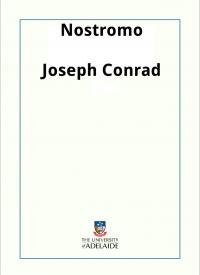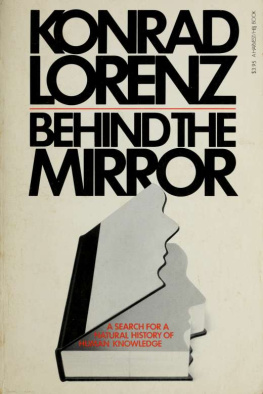Konrad Bercovici - Crimes of Charity
Here you can read online Konrad Bercovici - Crimes of Charity full text of the book (entire story) in english for free. Download pdf and epub, get meaning, cover and reviews about this ebook. year: 2010, publisher: OGB, genre: Detective and thriller. Description of the work, (preface) as well as reviews are available. Best literature library LitArk.com created for fans of good reading and offers a wide selection of genres:
Romance novel
Science fiction
Adventure
Detective
Science
History
Home and family
Prose
Art
Politics
Computer
Non-fiction
Religion
Business
Children
Humor
Choose a favorite category and find really read worthwhile books. Enjoy immersion in the world of imagination, feel the emotions of the characters or learn something new for yourself, make an fascinating discovery.

- Book:Crimes of Charity
- Author:
- Publisher:OGB
- Genre:
- Year:2010
- Rating:5 / 5
- Favourites:Add to favourites
- Your mark:
- 100
- 1
- 2
- 3
- 4
- 5
Crimes of Charity: summary, description and annotation
We offer to read an annotation, description, summary or preface (depends on what the author of the book "Crimes of Charity" wrote himself). If you haven't found the necessary information about the book — write in the comments, we will try to find it.
Crimes of Charity — read online for free the complete book (whole text) full work
Below is the text of the book, divided by pages. System saving the place of the last page read, allows you to conveniently read the book "Crimes of Charity" online for free, without having to search again every time where you left off. Put a bookmark, and you can go to the page where you finished reading at any time.
Font size:
Interval:
Bookmark:

By Orrick Johns
BACKWATER
By Dorothy Richardson
CENTRAL EUROPE
By Friedrich Naumann
RUSSIA'S MESSAGE
By William English Walling
THE BOOK OF SELF
By James Oppenheim
THE BOOK OF CAMPING
By A. Hyatt Verrill
THE ECHO OF VOICES
By Richard Curle
MODERN RUSSIAN HISTORY
By Alexander Kornilov
THE RUSSIAN SCHOOL OF PAINTING
By Alexandre Benois
THE JOURNAL OF LEO TOLSTOI (1895-1899)
THE AUTOBIOGRAPHY OF A SUPER-TRAMP
By William H. Davies
Preface by Bernard Shaw
BY KONRAD BERCOVICI
BY JOHN REED
ALFRED A. KNOPF
| The StoveA Parable |
| My First Impression |
| The Second Day |
| At Work |
| Watch Their Mail |
| The Roller Skates |
| The Test |
| Scabs |
| Saving Him |
| "Too Good to Them" |
| Robbers of the Peace |
| The Sign at the Door |
| What is Done in His Name? |
| The Picture |
| The Price of Life |
| AirFrom Fifth Floor to Basement |
| The Investigators |
| The Children of the Poor |
| Mother and Son |
| Clipping Wings of Little Birds |
| The Orphan Home |
| Why They Give |
| The Kitchen |
| Chocolate |
| Out of Their Clutches |
| "The Home" |
| "Bismarck" |
| Twenty-one Cents and a Quarter |
| Visiting Day |
| Employment Agencies |
| My Last Week in the Waiting Room |
| Tuesday |
| Wednesday |
| At Night |
| Thursday |
Font size:
Interval:
Bookmark:
Similar books «Crimes of Charity»
Look at similar books to Crimes of Charity. We have selected literature similar in name and meaning in the hope of providing readers with more options to find new, interesting, not yet read works.
Discussion, reviews of the book Crimes of Charity and just readers' own opinions. Leave your comments, write what you think about the work, its meaning or the main characters. Specify what exactly you liked and what you didn't like, and why you think so.










